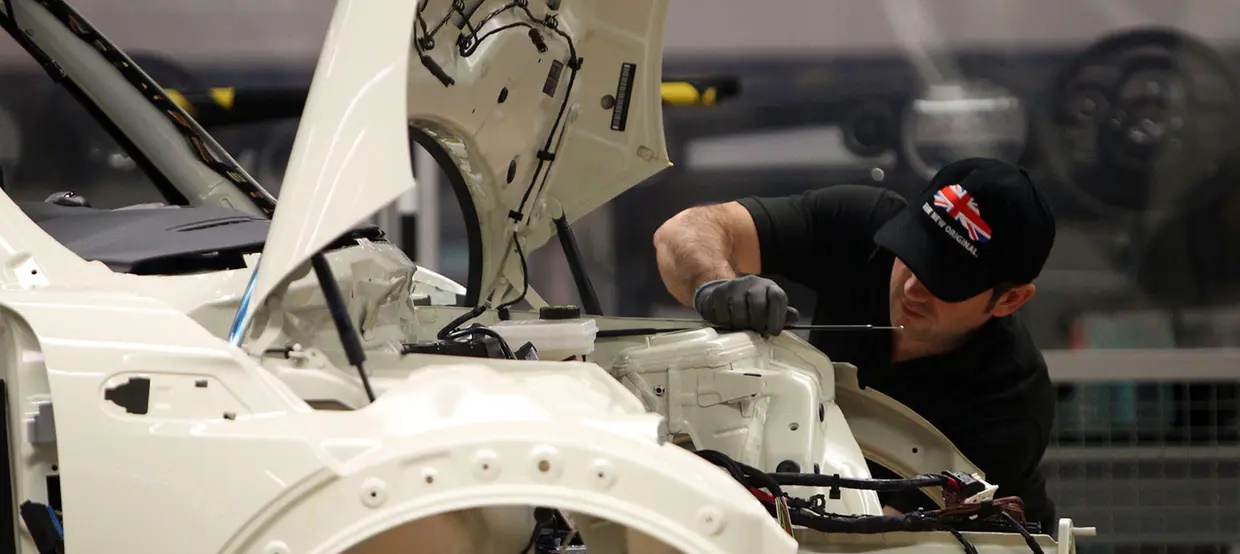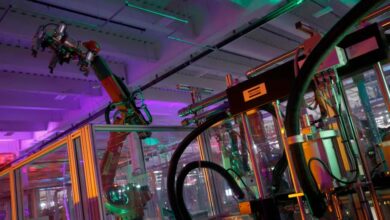BMW is investing 700 million euros in England
German car manufacturer BMW is investing hundreds of millions in its English factories. Two Mini brand electric models will be manufactured there in the future.

There is funding from the British government for this. BMW will also be building the electric Mini in England in the future with state support from the British government.
The Munich car manufacturer announced today that more than 600 million pounds (700 million euros) would be invested in the Swindon and Oxford locations.
From 2026, the two new fully electric models Mini Cooper as a three-door model and the compact SUV Mini Aceman will be produced there. The British Ministry of Economic Affairs said that BMW would secure 4,000 jobs through the investment. The group’s investment is “another shining example that Britain is the best place to build the cars of the future,” said Prime Minister Rishi Sunak.
Large subsidies from the British government
According to British media reports, BMW will receive government subsidies worth an estimated 75 million pounds to convert the factories. The government in London did not give any figures as to how much money it would provide to BMW for converting the systems.
Mini had originally indicated that it wanted to relocate almost all of the production of its electric models to China and only manufacture combustion engines in Oxford. This was seen as a serious blow for the already troubled automotive industry in Great Britain.
From 2030 only electric
According to BMW, electric and conventionally powered vehicles will initially be produced together at the English locations. From 2030 onwards, only electric cars will be built in Oxford. In total, BMW will then have invested more than three billion pounds in the Swindon, Hams Hall and Oxford plants.
A third electric model, the Countryman, is produced in Leipzig. Mini also has a factory in Zhangjiagang, China.
Planned “Gigafactory” in Somerset
With significant funding commitments, the British government has recently succeeded in securing several investments from the automotive industry. In July, the Indian Tata Group, which also owns Jaguar Land Rover, announced the construction of a “Gigafactory” for batteries in southern England for 4.6 billion euros. London is reportedly supporting the investment in the county of Somerset with hundreds of millions of pounds.
Experts see the move by Jaguar Land Rover’s parent company as crucial for the continued survival of the British car industry in the electric age.


